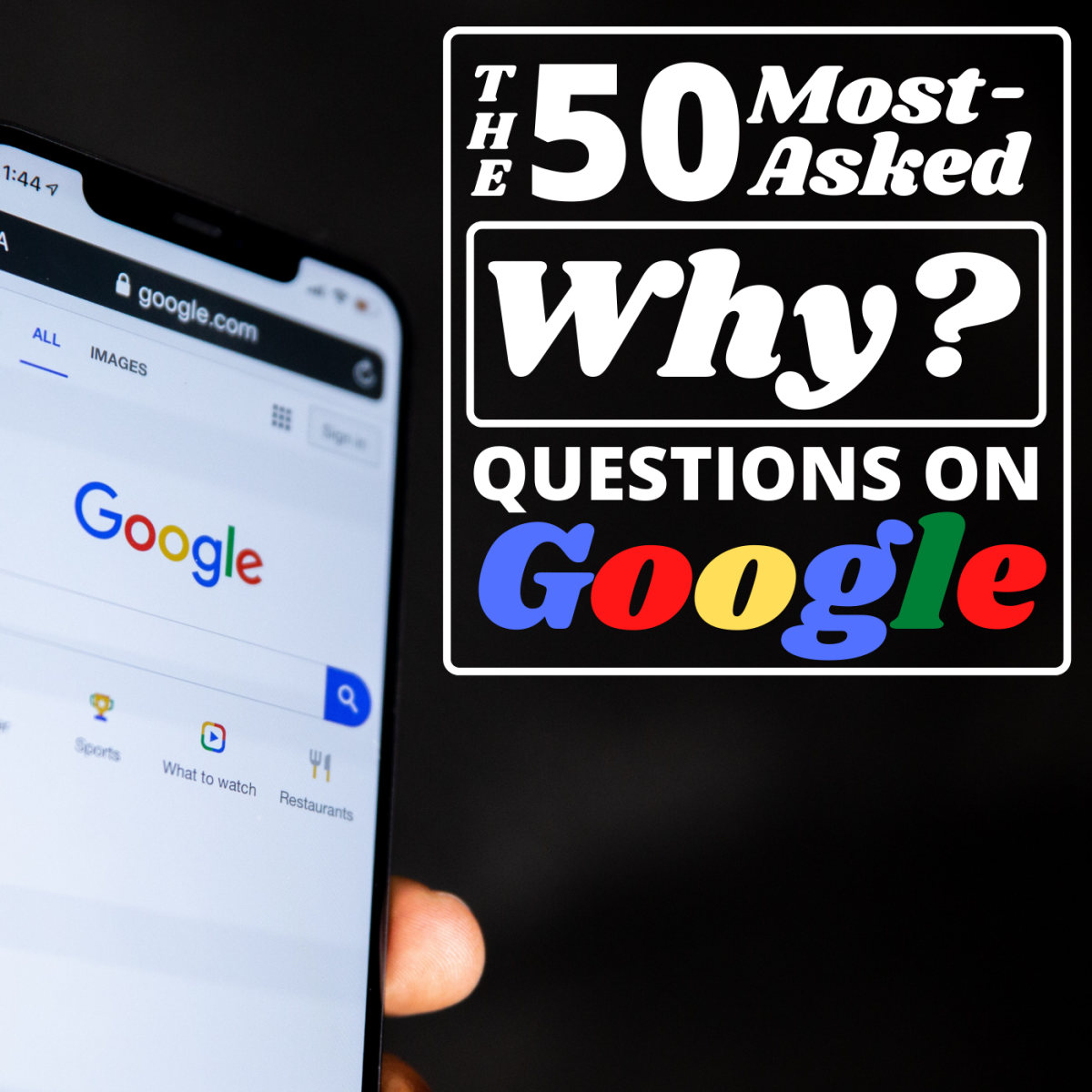Misconceptions about Search Engines and SEO

The search engine has been around for some time and today it is almost impossible to imagine the internet without it. Everyone will have to use a search engine at some moment of time – if he or she is online, that is. It is this necessity that has made companies like Google Inc. (Google), Microsoft (Bing) and Yahoo! (Yahoo! Search) in no particular order the most visited sites and search engines today1.
As people learn to use these sites not only for searching but for advertising too it has become important for everyone to know how to use search engine optimization (SEO). There are even sites that deal strictly with teaching, implementing or consulting in SEO that promote their techniques as guaranteed ways of putting a site at the top of a search engine ranking. But as is always with hypes, there are some misconceptions that will come into the picture. A few examples:
The Keywords Overkill2
It is true that search engines rely on keywords to show them what the contents are about. But that doesn’t imply that the more the keywords the higher the ranking will be. The keyword that really matters to search engines is ‘relevance’. Using different analysis methods, search engines can deduce how relevant a web page is with regards to the words that are being searched. Trying to abuse this logic by stuffing articles with keywords only leads to a flagging and dropping from search results.
The Links Overkill3
A website’s popularity is gauged by how many other sites think it is important enough to link to. In other words, the more the links that are on other sites the higher the search engines think of it. But, this only works when the link profile on a “Number of links” by “Life of Web Page” chart looks natural. A sudden surge of 500 links will make the search engines more suspicious than happy. So, anyone thinking of trying to ‘popularize’ a site by buying links to put on the page OR using sites that ‘…will submit your site to hundreds of sites…’ are really asking for trouble.
Search Engine Submission4
Some SEO companies offer web site owners the option of submitting their links to search engines. This sounds so right that it can’t be wrong. But, taking into consideration the fact that leading companies, like Google, have such powerful servers with bots that are constantly crawling the internet (non-stop, night and day) makes one realize that there just is no need for submission of URL’s of new pages. In a few hours search engines will crawl and index a newly published web page. Any business that even says that they search engine submission is one of their features should be avoided – if not reported for defrauding.
Keep Eyes Open
Technology changes rapidly. It is a constantly changing entity, a good web site administrator would do good to keep an ear to the ground.
1 – Google: http://www.google.com/adplanner/static/top1000/ (This site is owned by Google, hence the exclusion)
2 – I Do Web Marketing: http://www.idowebmarketing.com/dont-overstuff-your-site/
4 – SEO MOZ: http://www.seomoz.org/beginners-guide-to-seo/myths-and-misconceptions-about-search-engines









